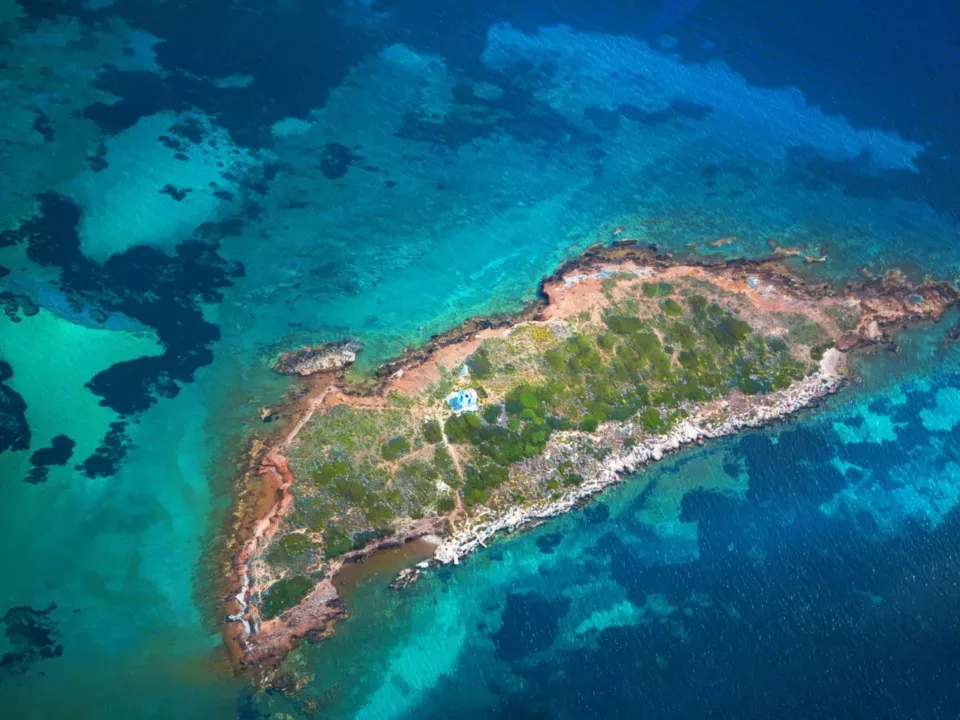Gland, Switzerland, 15 December 2021 – The new Global Wetland Outlook: Special Edition 2021 from the Convention on Wetlands shows wetlands offer unmatched opportunities for reducing emissions, adapting to climate impacts and reversing biodiversity loss. But in spite of this, wetlands remain the world’s most threatened ecosystem. With 35% of global wetland area lost since 1970, they are disappearing three times faster than forests, leaving more than a quarter of wetland species threatened with extinction.
As an update to the first Global Wetland Outlook released in 2018, this special edition draws on more than 30 global and regional studies to document the latest wetland trends, their impacts and opportunities wetlands offer for achieving global climate and sustainability goals.
Wetland degradation is putting human lives and livelihoods at risk. The report shows that poor management of wetlands has increased rates of water scarcity, poor sanitation and water-borne diseases, contributing to millions of deaths every year. Given they provide almost all of the world’s fresh water, protecting wetlands and ensuring their sustainable use is critical for sustainable development.
Land-use change has been the biggest driver of degradation and biodiversity loss to inland wetlands since 1970. Research shows that agricultural output has resulted in more than half of Wetlands of International Importance being degraded, including by pollution or drainage. With the global population expected to rise to 9.7 billion by 2050, transforming agriculture to reduce degradation of wetlands is urgent.
Climate change is impacting wetlands faster than anticipated. Sea-level rise, coastal erosion and coral bleaching caused by increasing sea surface temperature are severely impacting wetlands’ biodiversity and the ecosystem services they provide, such as food production, livelihoods and coastal protection.
The report finds that Mediterranean wetlands face significantly high climate risk. The region has been impacted 20% more by climate warming than the rest of the world resulting in increasing heatwaves, storms and droughts. By 2040, projections indicate that 250 million people might live under freshwater-stressed conditions and sea level in the region will rise to over one metre by 2100, threatening a third of Mediterranean people.
Despite widespread loss, wetlands remain our most valuable ecosystem. They contribute unrivalled services for climate mitigation, adaptation and biodiversity and human health worth more than US $47.4 trillion a year.
Wetlands are our most effective land-based ecosystem for capturing carbon. Coastal wetlands such as mangroves sequester carbon up to 55 times faster than tropical rainforests. Meanwhile peatlands, which cover only 3% of the earth’s land surface, store 30% of all land-based carbon. To meet the 1.5°C Paris Agreement climate goals, we must prevent further conversion or drainage of intact peatlands and restore 50% of all lost peatlands by 2030.
“Wetlands present untapped opportunity to tackle the climate and biodiversity crises with the greatest returns. With less than a year for countries to renew their nationally determined contributions and agree a new global framework for conserving biodiversity, it’s critical we see targets, investments and attention across both agendas committed to wetlands,” says Martha Rojas Urrego, Secretary General of the Convention on Wetlands.
Contracting Parties to the Convention on Wetlands have committed to the conservation and wise use of all wetlands. With nearly 2,500 Wetlands of International Importance designated so far, the Convention holds one of the world’s largest networks of protected areas. But designating sites for protection is not enough
The report emphasizes best practices for ensuring wise use of wetlands at national, regional and global levels, which are fundamental to preventing further loss and degradation. It stresses the importance of better integration across agriculture, urban development and wetlands management sectors to safeguard wetlands and their vital services for human and planetary health.
“Global awareness of wetlands’ value is increasing: with more site protections and restoration programmes delivering triple dividends for people, nature and climate. But we’ve got a long way to go. We need stronger, collective action across all of society to protect, use wisely and restore wetlands, our most valuable ecosystem,” asserts Rojas Urrego.
For further information, please contact Sophie Hall, Content & Communications Officer, Convention on Wetlands: [email protected]
Further resources
The news story and press release are available in French, English, and Spanish here.


